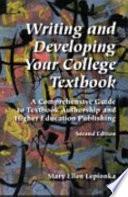
Developing Strategic Writers Through Genre Instruction
Resources for Grades 3-5
The Common Core State Standards (CCSS) identify three essential writing genres: narrative, persuasive, and informative. This highly practical guide offers a systematic approach to instruction in each genre, including ready-to-use lesson plans for grades 3-5. Grounded in research on strategy instruction and self-regulated learning, the book shows how to teach students explicit strategies for planning, drafting, evaluating, revising, editing, and publishing their writing. Sixty-four reproducible planning forms and student handouts are provided in a convenient large-size format; purchasers also get access to a Web page where they can download and print the reproducible materials. The Appendix contains a Study Guide to support professional learning.
- ISBN 13 : 1462520324
- ISBN 10 : 9781462520329
- Judul : Developing Strategic Writers Through Genre Instruction
- Sub Judul : Resources for Grades 3-5
- Pengarang : Zoi A. Philippakos, Charles A. MacArthur, David L. Coker, Charles A. MacArthur, David L. Coker,
- Kategori : Language Arts & Disciplines
- Penerbit : Guilford Publications
- Bahasa : en
- Tahun : 2015
- Halaman : 260
- Halaman : 260
- Google Book : http://books.google.co.id/books?id=1Ub-CAAAQBAJ&dq=intitle:Developing+Writing&hl=&source=gbs_api
-
Ketersediaan :
This highly practical guide offers a systematic approach to instruction in each genre, including ready-to-use lesson plans for grades 3-5.


